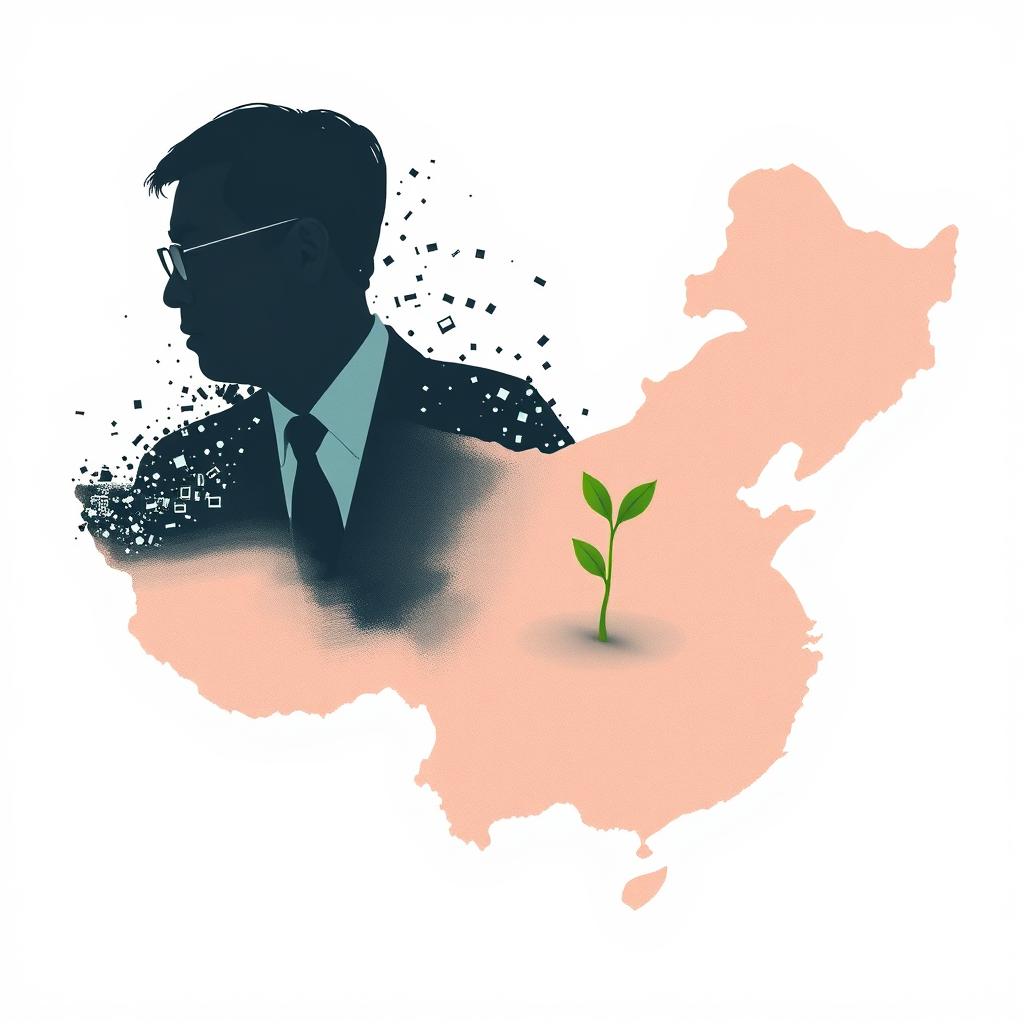CIA Targets Chinese Officials in Bold Recruitment Drive

The CIA has launched a new recruitment campaign targeting Chinese officials, releasing a pair of Mandarin-language videos designed to appeal to disillusioned or vulnerable members of the Chinese Communist Party. The videos, released May 1st, depict scenarios of personal and professional dissatisfaction within the CCP, subtly encouraging individuals to contact the agency with promises of safety and improved well-being for themselves and their families.
The campaign follows a similar initiative launched last October aimed at recruiting informants in China, Iran, and North Korea, and builds on the agency’s perceived success in recruiting Russian assets following the 2022 invasion of Ukraine. CIA Director John Ratcliffe emphasized the agency’s ongoing need to gather intelligence, stating that recruiting assets is a key method for “stealing secrets.” A recent internal note reportedly identified China as the agency’s top priority, citing the CCP’s ambition to dominate the global economic, military, and technological landscape.
The videos present narratives of officials grappling with the realities of life within the CCP. One depicts a senior official fearing for his family’s future, while the other portrays a junior official frustrated by the disparity between his efforts and the benefits enjoyed by those in power. Both conclude with messages of hope and agency, suggesting individuals can take control of their fate by contacting the CIA.
While the agency believes the campaign is effective – an official told Reuters they wouldn’t be creating more videos if it wasn’t – experts are skeptical. Concerns center on the practicality of reaching individuals within China’s heavily censored and surveilled digital environment, and whether the videos can penetrate the “Great Firewall.” Mason Richey, an associate professor at Hankuk University, questioned the campaign’s effectiveness given limited internet access in North Korea, suggesting the Russian success may not be replicable. Ja-Ian Chong, a political science professor at the National University of Singapore, echoed these concerns, noting the challenges of bypassing China’s censorship apparatus.
The timing of the campaign coincides with escalating tensions between the U.S. and China, including a renewed tariff war and increased reports of cyberattacks from both sides. This heightened atmosphere likely contributes to the agency’s increased efforts to gather intelligence, but also suggests a corresponding increase in domestic crackdowns within China.
China’s expanded anti-espionage laws and sweeping anti-corruption campaigns have created a particularly challenging environment for intelligence gathering. The country’s legal framework grants broad powers to the state for surveillance and information collection, and the penalty for espionage can be severe, including the death penalty. Several cases in recent years have highlighted the risks for those accused of spying, including the sentencing of a former engineer to death in March and a suspended death sentence for Australian writer Yang Hengjun in February 2024.
The CIA’s efforts are also complicated by a past security breach. Between 2010 and 2018, China successfully penetrated and dismantled a CIA spy network, leading to the arrests and executions of at least 20 informants. The agency has since reportedly secured its systems and is working to rebuild its network.
Despite these challenges, the CIA maintains that it values and respects those willing to engage with the agency, and promises to protect those who come forward. The campaign represents a bold, if risky, attempt to exploit vulnerabilities within the CCP and gather intelligence in a critical geopolitical landscape. It remains to be seen whether the agency’s efforts will yield significant results, or if they will be overshadowed by the inherent dangers and complexities of operating within China’s tightly controlled environment. The move feels like a calculated gamble, potentially escalating tensions further, but reflecting a clear assessment that the intelligence battle with China is intensifying.